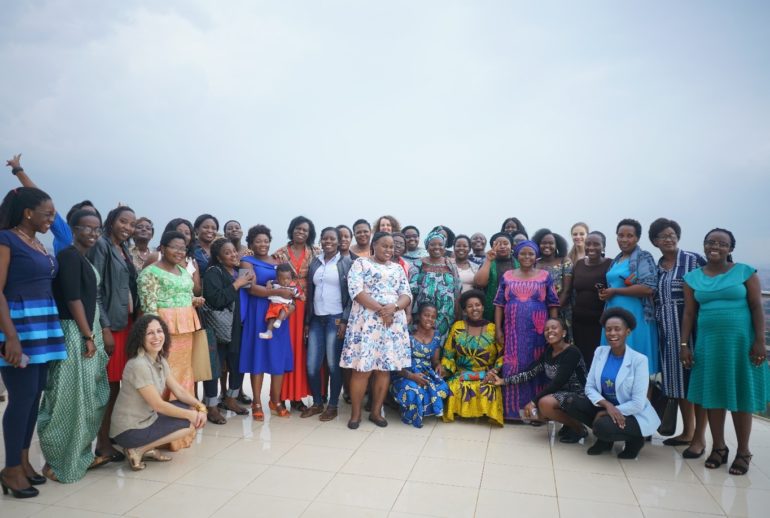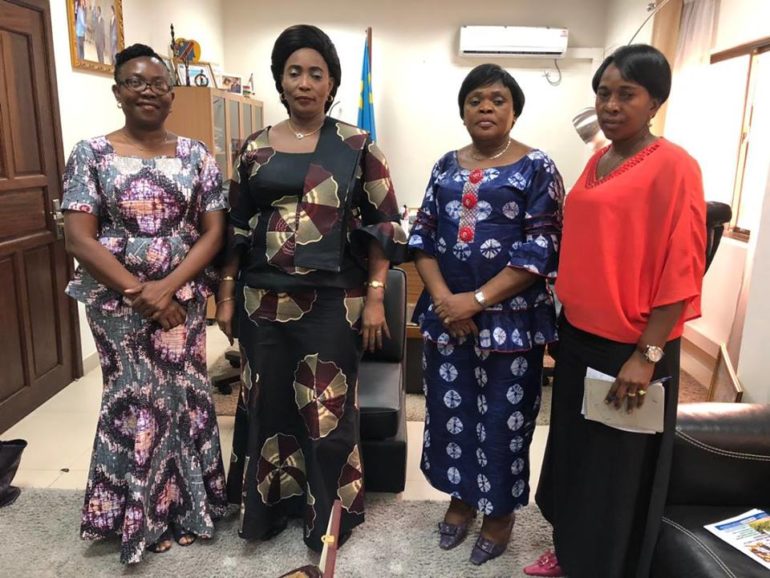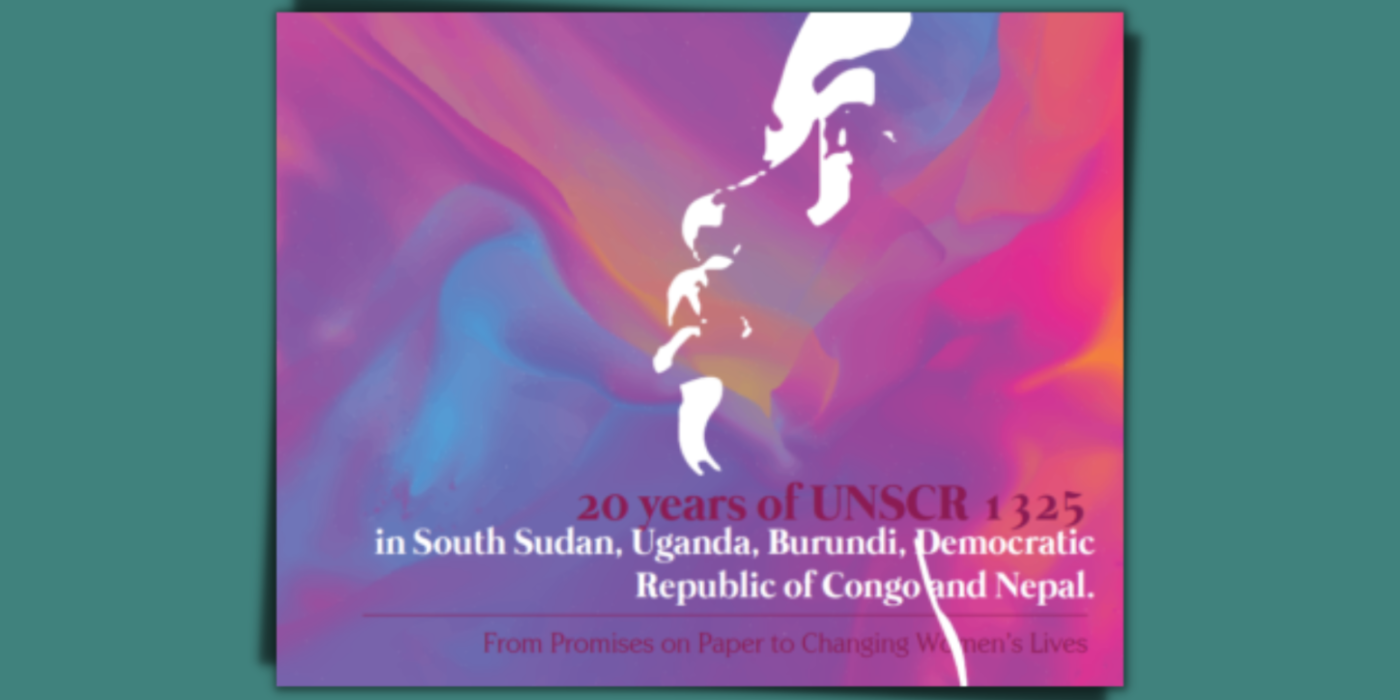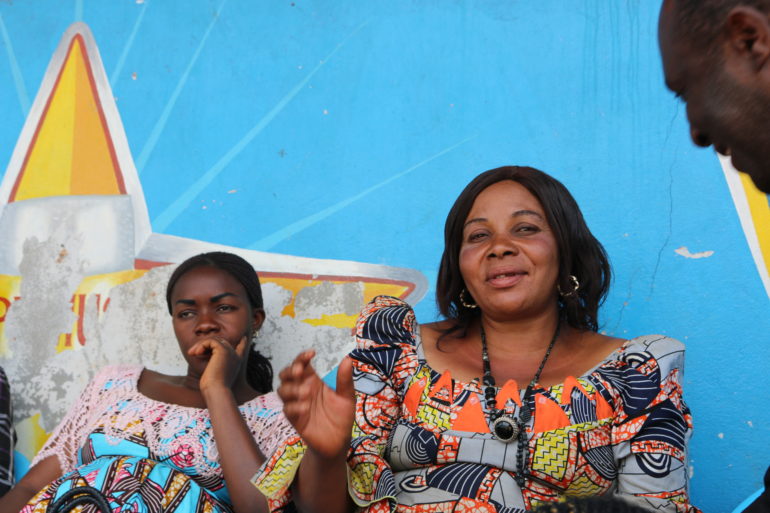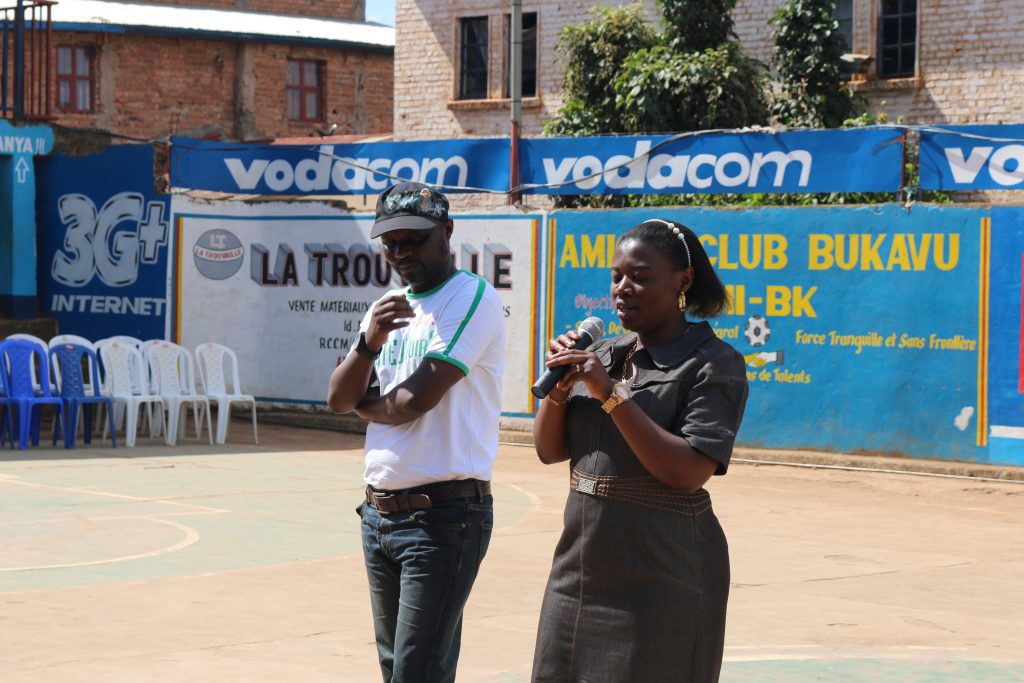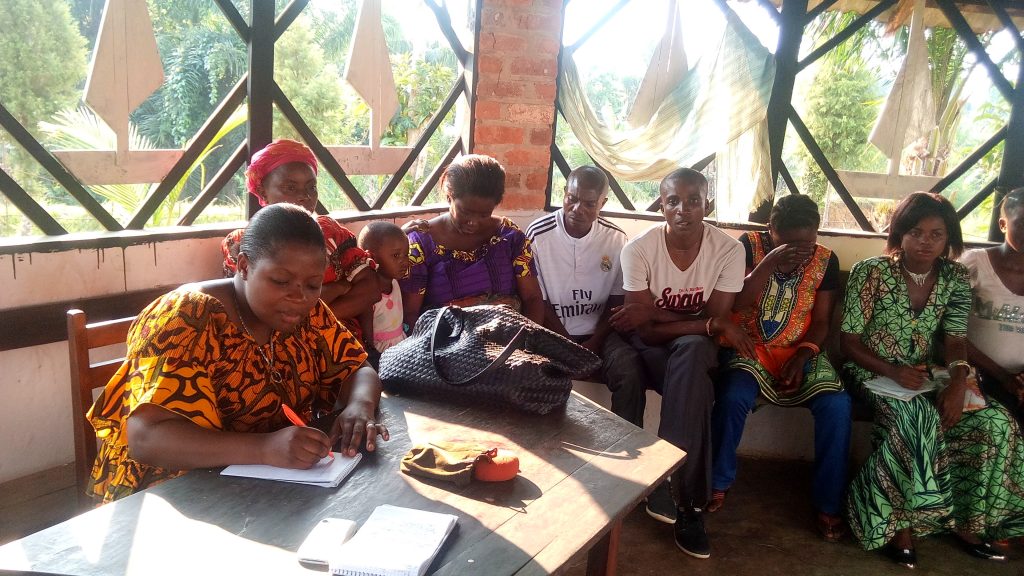Convening on Women’s Leadership in Peacebuilding in the Great Lakes region of Africa
The end of this decade presents a strategic opportunity for women’s rights advocates working towards the implementation of the Women, Peace and Security (WPS) Agenda in the Great Lakes Region to collectively reflect, look ahead, and prepare to take fruitful action. In 2020, the African Women’s Decade (2010-2020) by the African Union comes to an end. The same year marks 25 years since the Beijing Declaration and Platform for Action. The year 2020 will also be the 20th anniversary of the landmark UN Security Council Resolution 1325 on Women, Peace and Security. Within the Great Lakes Region, women’s rights organisations have been monitoring progress and advocating for the implementation of diverse regional and national instruments. While there has been some progress, a significant implementation gap remains and the WPS agenda is yet to be achieved.
It is in this context that Global Fund for Women and the Women’s International Peace Centre co-created a space for regional exchange for three days. From the 12th to the 14th November, 48 women human rights activists and organizations from Burundi, CAR, DRC, Rwanda, South Sudan, and Uganda came to Kampala to convene on peacebuilding, ending sexual and gender-based violence, and combatting the negative impact of the extractive industry on peace and women’s rights. Together, they assessed the progress and gaps in the WPS agenda in the region and defined a creative common vision and agenda for feminist peacebuilding.
The overall objective of the convening was to engage in key conversations and exchanges around how to strengthen our collective capacity to promote women’s leadership in peacebuilding and reconstruction, address sexual violence in conflict and post-conflict situations, and address the impact of the mining and extractive industry on women and girls’ rights and lasting peace in the Great Lakes region of Africa.
On the first day, an opening session with keynotes on women, peace and security in the Great Lakes Region kicked off the convening. It was followed by a lively discussion. Hereafter, representatives of key regional mechanisms such at the ICGLR Regional Training Facility and Women’s Forum, the African Union FemWise-African Network of Women Mediators and women mediators’ networks in Burundi shared about their work and gave participants the opportunity to ask questions. The day was rounded off by plenary sessions on good practices and strategies in regional advocacy and action as well as about feminist peacebuilding strategies.

The second day started off with three thematic panels. Civil society actors discussed and presented on progress, best practices and lessons learnt on the topics of women’s leadership in peacebuilding, sexual and gender-based violence, and women’s access to and control of natural resources and the impact of the mining and extractive industry on women and girls’ rights and regional peace. The division in break-out groups gave the practitioners the reflective space to assess what has worked and what has not and identify key areas for collective action and advocacy. The day ended with a plenary discussion on emerging security threats and implications for work in the field of women, peace and security and a talk on wellness, self-care, safety and integrated security for women’s rights organisations and women human rights defenders.
The final day of the convening was dedicated to defining a common vision and collective action to advance the WPS Agenda in the Great Lakes Region in 2020 and beyond. Therefore, the participants first discussed key action points in-country groups before presenting their findings to the plenary. They talked about their vision for women in peace and security for the upcoming decade, in which ways the existing instruments could help to promote this vision and which kind of change they would like to see for African women in the area of peace and security. The outcome was a collective roadmap defining windows of opportunity for the WPS Agenda beyond 2020.

